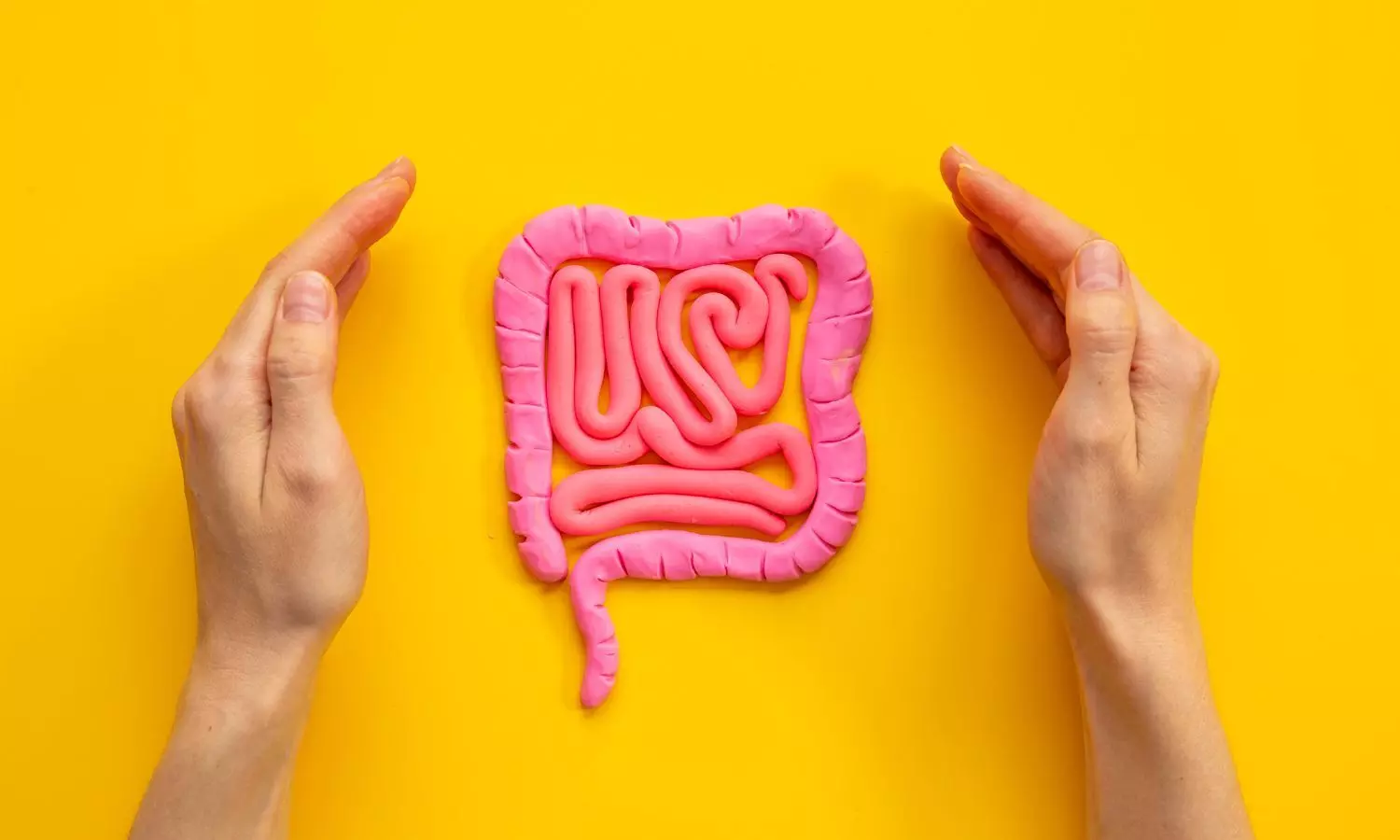Study Reveals Hidden Gut Bacteria Links to Sleep, Obesity, and Cancer

Tokyo: A new study from the University of Tokyo has used a powerful type of artificial intelligence called a Bayesian neural network to explore the complex relationships between gut bacteria and human health—revealing connections that traditional analysis tools often miss.
Gut bacteria play a crucial role in many bodily functions and diseases. While the human body contains about 30 to 40 trillion cells, our intestines host nearly 100 trillion gut bacteria. Despite their importance, scientists still know little about how specific bacteria affect the body by producing chemicals called metabolites.
“We’re only beginning to understand which bacteria create which human metabolites and how these change with disease,” said Project Researcher Tung Dang from the Tsunoda Lab in the Department of Biological Sciences.
To uncover these hidden patterns, the research team developed VBayesMM, a system that can sift through massive datasets and identify the key bacteria influencing metabolite levels. Unlike other tools, VBayesMM also accounts for uncertainty, avoiding the risk of overconfident, incorrect conclusions.
When tested on real-world data from studies on sleep disorders, obesity, and cancer, VBayesMM outperformed existing methods. It not only found meaningful patterns but also pinpointed bacterial families already linked to known biological processes—strengthening confidence in its findings.
“Imagine being able to grow specific bacteria in the gut to produce helpful chemicals or design targeted treatments to change how these chemicals affect the body,” Dang said. “That’s the long-term goal.”
Though the system is designed to handle large-scale analysis, the computational load is still high. However, the researchers expect this to become less of a barrier as technology improves.
Looking ahead, the team hopes to expand their work by using more complete datasets that include all bacterial products. This could help reveal whether certain chemicals come from gut bacteria, human cells, or even food—but also presents a new challenge in pinpointing the source.
This advancement could pave the way for more personalized medicine by giving researchers a clearer map of how gut bacteria impact human health.


